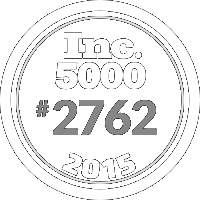As other countries witnessed their general aviation sectors shrink during recent economic turmoil, Nigeria has thrived and continues to generate big plans for the future. South Africa, unsurprisingly, is the business aviation leader in the region, however, there are other contenders moving up close behind in the ranks, including Nigeria. Data shows that Nigeria and Ghana are quickly catching up to South Africa as the second and third strongest markets in the region.
According to the Federal Government, Nigerians are expected to require over 400 private jets between the years 2013 and 2020 – this will add to the mere 80 aircraft currently being used. China was also recently recognized as a country expected to experience growth in their private jet industry at the 2013 Asian Business Aviation Conference & Exhibition (ABACE) event. Alongside China, Nigeria is listed as a top country currently investing in private aircraft, again, with big plans for the future.
Averaging about $36.5 million, Nigeria has identified the private jet sector as the most likely emerging driver of “regional connectivity and economic development.” Some of the current private jets in Nigeria include: Bombardier Global Express XRS, Gulfstream 550, Dassault Falcon 900, and Hawker 900XP. The Federal Government recently announced that it would consider the development of low-traffic secondary airports for general aviation.
The problems holding Nigeria back from currently being a top private jet sector includes the lack of an established regulatory environment which has led to many variations of regulations from country to country, poor infrastructure, a lack of maintenance facilities and safety requirements, and a lack of experienced aviation personnel.






